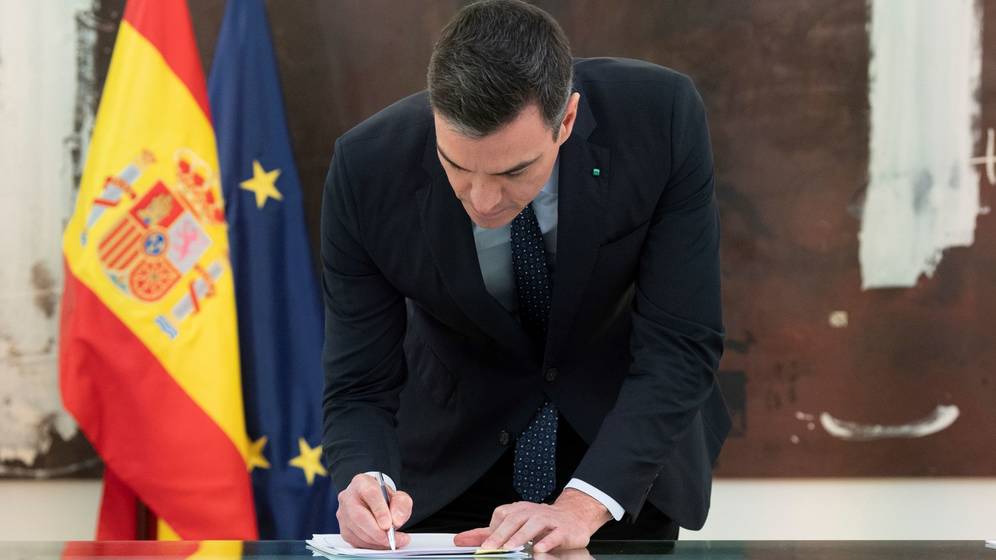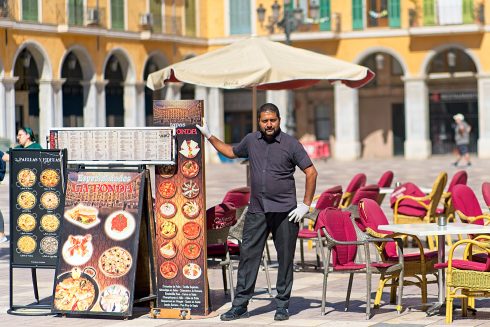BUSINESS across Spain will be able to fire staff when the government’s furlough scheme (ERTE), putting an end to a month-long debate with associations and workers’ unions.
An agreement signed yesterday by the Government – alongside the CCOO and UGT unions, and the CEOE and Cepyme business associations – is intended to release pressure on industries set to face lasting affects from the coronavirus lockdown.
The key clause in yesterday’s agreement puts an end to requirements that employers maintain all staff put on an ERTE for six months after the scheme ends, currently set for June 30.
The hospitality industry in particular complained that a reduction in tourism this summer would make it impossible for bar and restaurant owners, for example, to retain their workforce.
But the new text states the terminations of contracts by fuerza mayor ‘will be valued based on the specific characteristics of the different sectors and the applicable labor regulations’, according to documents seen by Las Provincias.
It says ‘those companies that present a high variability or seasonality of employment’ will be given flexibility to maintain their bottom lines.
Said companies will not have to repay social security contributions covered by the state as part of the ERTE scheme – a previous obligation for failure to comply with the rules.
The secretary general of the UGT union, Pepe Alvarez, said that if the state of alarm is extended beyond June 30, new negotiations could allow workers to remain in receipt of government benefits on their respective ERTE schemes.
It comes after Yolanda Diaz, Spain’s Minister for Labour, last week conceded to business associations the possibility to gradually remove workers from a mass-ERTE scheme alongside progressive de-escalation.
Parts of Spain, including expat hotspots on the Costa Blanca and the Spanish islands, on Monday entered ‘phase 1’ of a five-step de-escalation programme.
As of today, bars and restaurants may open to 50% of their terrace capacity. The 50% was another concession from the government, which initially only allowed 30% of outdoor areas.
Phase 2 will allow these establishments to reopen their interiors to 50%.










